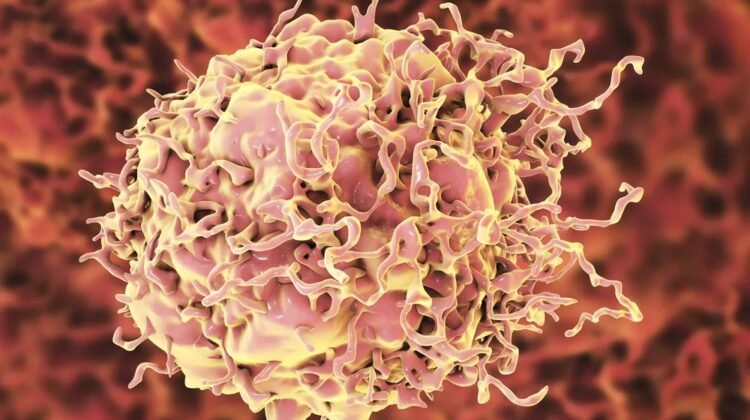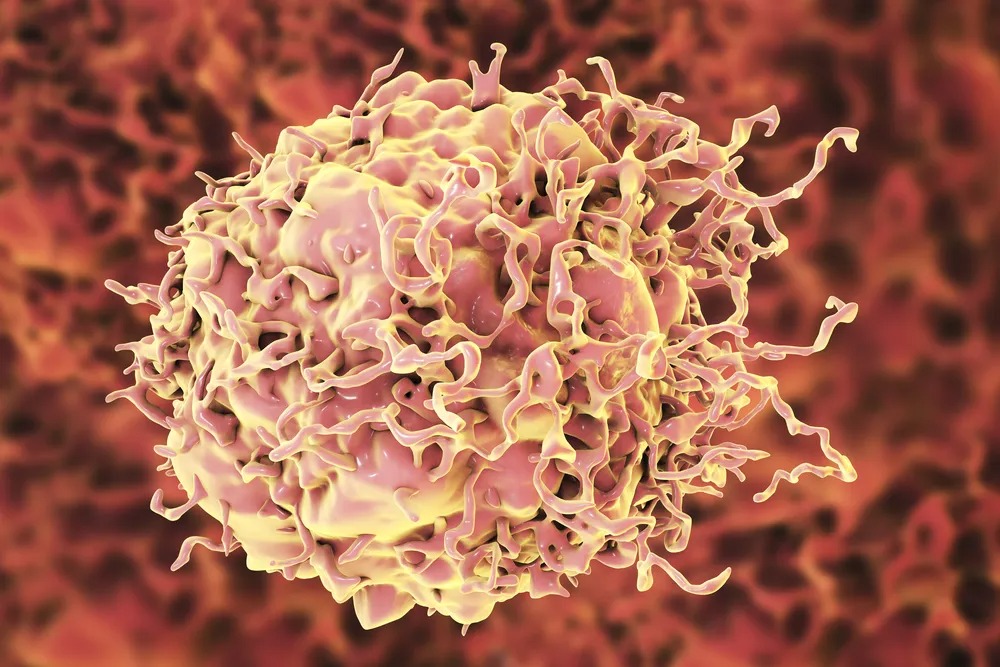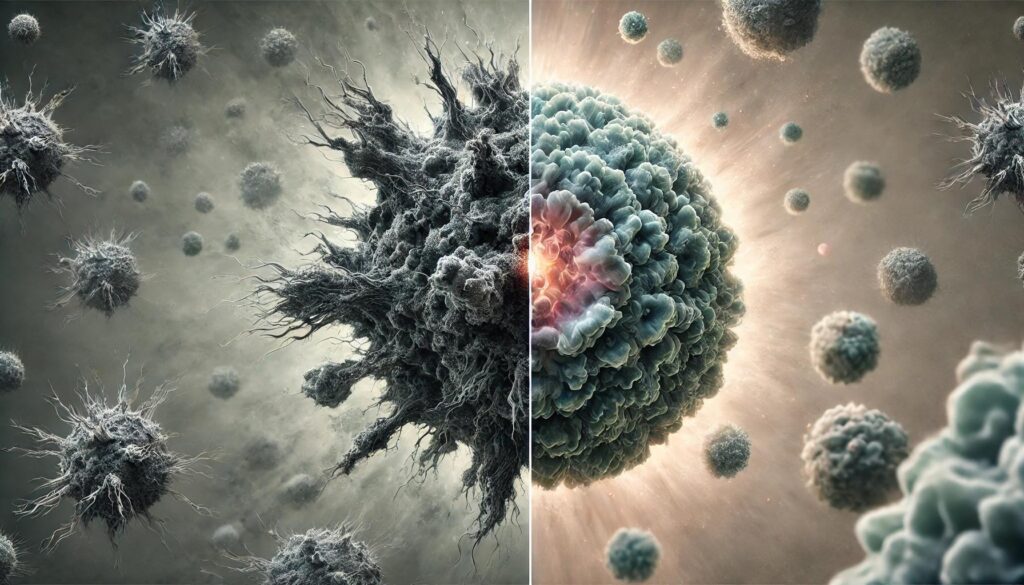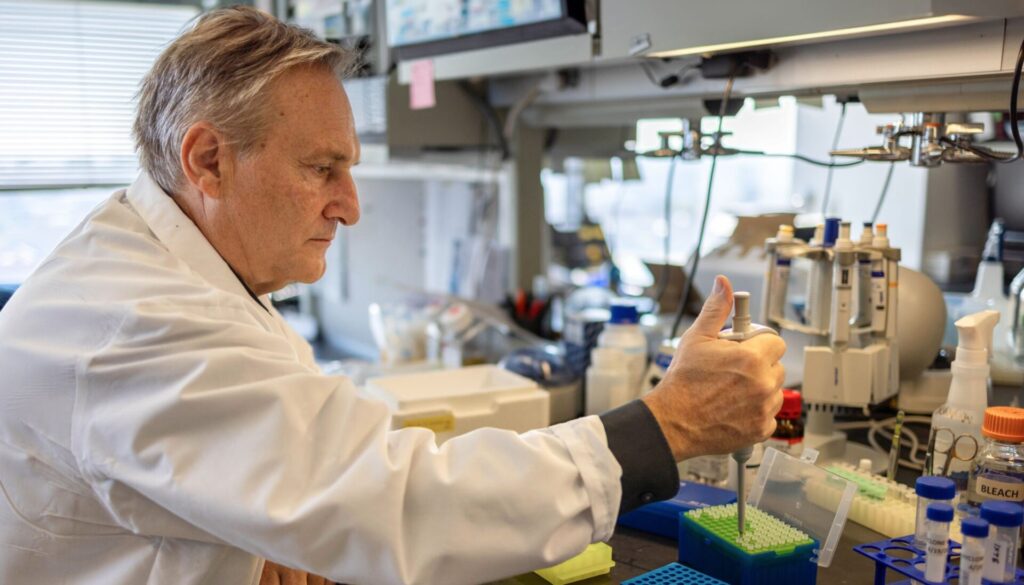
Cancer, a formidable opponent, has long challenged medical science. But a revolutionary breakthrough could change the game forever. Researchers have unveiled a groundbreaking technology that can effectively “reset” cancer cells, transforming them back into their original, healthy state. This paradigm shift in cancer treatment offers a glimmer of hope, potentially eradicating the disease without the harsh side effects of conventional therapies.
Understanding the Enigma of Cancer Reversion
Cancer arises when normal cells undergo uncontrolled growth and division. These rogue cells lose their specialized functions and become undifferentiated, a hallmark of malignancy. The concept of “cancer reversion” has captivated researchers – the idea of coaxing these aberrant cells back to their normal, differentiated state.

Imagine a clock running backward. This is essentially what cancer reversion aims to achieve. By reactivating dormant genes that control cell differentiation, researchers hope to restore order and normalcy to these rogue cells.
A Systematic Approach to Cancer Reversal
Previous studies have shown glimpses of cancer reversion in specific types of cancer, such as leukemia and breast cancer. However, a systematic approach has been elusive. Identifying the “master regulators” – the key genes or proteins that orchestrate the differentiation process – has been a major hurdle.
Enter the digital age of cancer research. A team led by Professor Kwang-Hyun Cho at the Korean Advanced Institute of Science and Technology has developed a revolutionary approach. By creating a “digital twin” of the gene network governing normal cell differentiation, they can meticulously analyze and identify the critical switches that control this process.

Turning Back the Clock on Cancer
When these identified switches were applied to colon cancer cells, a remarkable transformation occurred. The cancer cells reverted to a state resembling normal cells. This groundbreaking discovery, validated through rigorous animal studies, opens up a new era of cancer treatment.
The Implications of This Breakthrough
This research transcends mere theoretical significance. It establishes a robust framework for identifying targets for cancer reversion across various types of cancer. By understanding the intricate pathways of cell differentiation, scientists can develop highly targeted therapies that “reset” cancer cells without resorting to harsh treatments that often damage healthy tissues.

A New Era of Cancer Treatment
Professor Cho eloquently summarized the significance of this breakthrough: “The fact that cancer cells can be converted back to normal cells is an astonishing phenomenon. This study proves that such reversion can be systematically induced.”
This research not only paves the way for novel, reversible cancer therapies but also provides a foundational framework for understanding the complex interplay of genes and cellular processes involved in cancer development.

Why is this not national news?